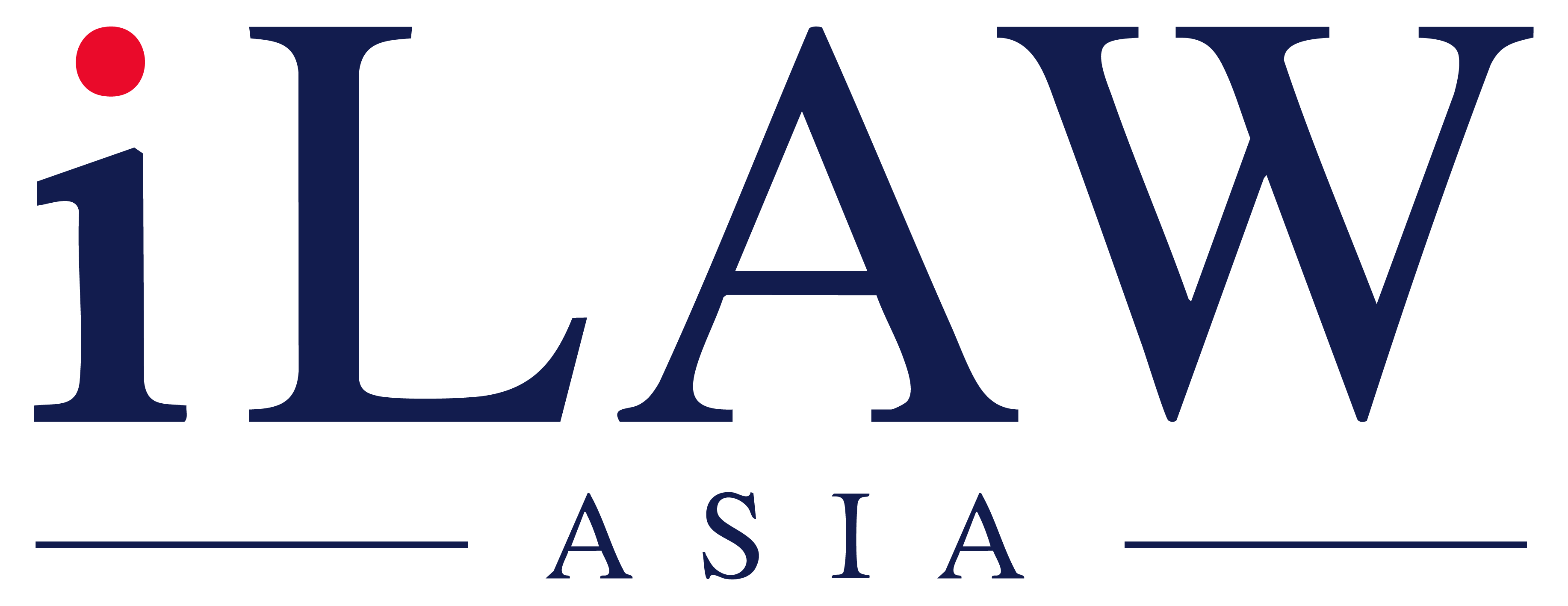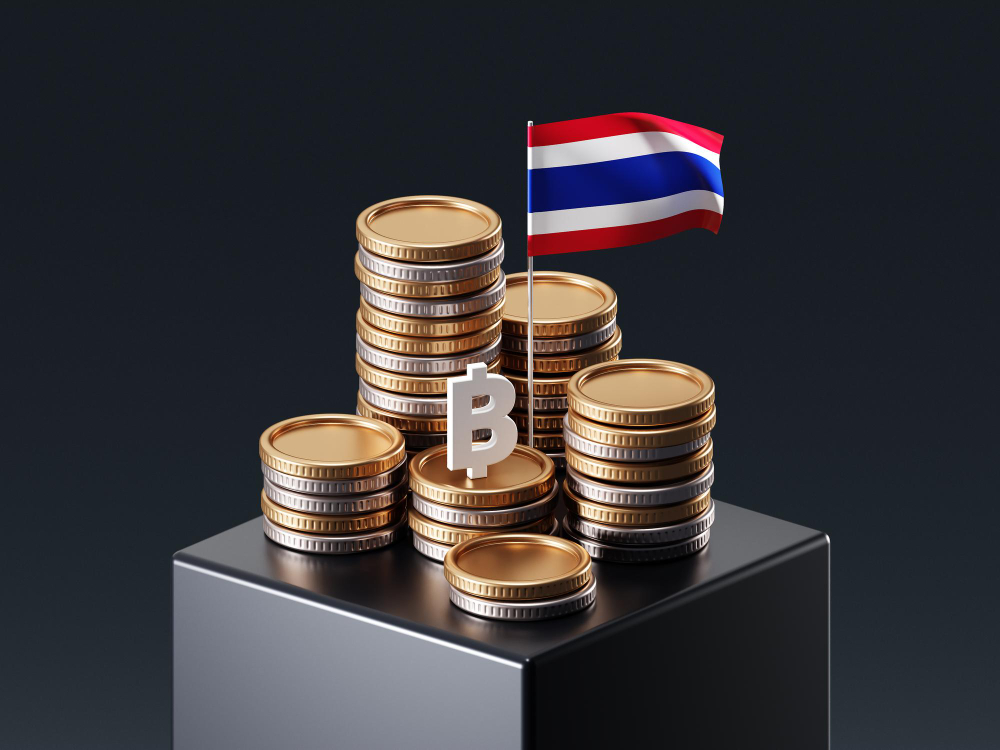An Overview of Personal Data Protection Law in Thailand

In Thailand, personal data protection is governed by the Personal Data Protection Act B.E. 2562 (2019) (the “Personal Data Protection Act”), which has been fully enforced since June 1, 2022. Its purpose is to prevent personal data breaches by setting standards for personal data protection and defining the duties of individuals or business entities involved in the collection, use, or disclosure of personal data (the “Data Controller” and “Data Processor”) under the Personal Data Protection Act.
One key duty of both Data Controllers and Data Processors is to respect the rights of data subjects, including customers, employees, and business partners (“Data Subject”). For example, personal data may only be collected, used, or disclosed for the purpose to which the Data Subject has given explicit consent.
In addition, failure to comply with the provisions of the Personal Data Protection Act may result in penalties for both Data Controllers and Data Processors.
Personal data under the protection of the Personal Data Protection Act
Personal Data means any information that can identify an individual (identify the owner of the information), whether directly or indirectly and personal data can take the form of documents, paper, books, or be stored electronically. It can be divided into 2 types:
- General Personal Data such as name, address, phone number, photo, etc. as a basic personal data.
- Sensitive Personal Data such as race, ethnicity, political opinions, religious or philosophical beliefs, sexual behavior, criminal history, health information, disability or mental health information, etc.
However, personal data of deceased persons or information of legal entities such as companies, foundations, associations, organizations are not considered personal information under the Personal Data Protection Act.
Key Steps in the Event of a Personal Data Security Measures Breach
Under Section 37(4) of the Personal Data Protection Act, in the event of a breach of personal data security measures that results in the loss, access, use, alteration, modification or disclosure of personal data without authorization, the Data Controller is required to notify the Personal Data Protection Committee ("PDPC") of a personal data security measures breach within 72 hours of becoming aware of the incident, and to notify affected Data Subjects if the breach poses a high risk to the rights and freedoms of Data Subjects. The Data Controller must provide a notification with details of the breach and the corrective measures taken ("Incident Notification"), unless the breach does not pose a risk to the rights and freedoms of Data Subjects, for example, the personal data is no longer in a usable form because the effective technological measures have been applied. In this case, the data controller is still obligated to submit relevant information, documents, or evidence concerning the incident to the PDPC for consideration as to whether the rights and freedoms of the Data Subject are impacted.
Key Steps in the Event of Non-compliance by Data Controller and Data Processor
If Data Controller and Data Processor fails to comply with the provisions of the Personal Data Protection Act, Data Subjects have the right to file a complaint to the Expert Committee under Section 73 of the Act.
The Expert Committee will then assess the complaint to determine its seriousness and issue an order based on the severity. The possible outcomes include:
- Mediation: If the Expert Committee determines that the complaint can be resolved through mediation, and both parties agree, a mediation process may be initiated.
- Warning: If the complaint is not considered serious, the Expert Committee may issue a warning to the Data Controller and Data Processor, or require the Data Controller and Data Processor to remedy or resolve the issue, or to cease, suspend, or refrain from the non-compliant action.
- Administrative Fine: If the complaint is deemed serious, or if the Data Controller and Data Processor fail to comply with a prior warning, the Expert Committee has the authority to impose an administrative fine on the Data Controller and Data Processor.
However, apart from filing a complaint with the Expert Committee above, Data Subject also has the right to file a lawsuit against the Data Controller in court to claim compensation, even without filing a complaint with the Expert Committee.
Doxxing as a Criminal Offense
With the rise of social media, users often share personal details online, creating vast digital footprints. Unfortunately, this information can be accessed, collected, and redistributed without the Data Subject’s consent. Doxxing refers to the malicious act of publicly disclosing a Data Subject’s private information, such as their name, address, phone number, or other sensitive details, with the intent to harm, harass, or embarrass them.
Under the Personal Data Protection Act, disclosing sensitive personal data without the Data Subject’s explicit consent, or using such data for purposes other than originally intended, is illegal.
This includes the act of doxxing, which is considered a violation of the individual’s rights to privacy and security.
Importantly, doxxing can lead to criminal penalties under the law. If the disclosure of personal data results in harm, damage to the Data Subject's reputation, or causes insult or embarrassment, it is considered a criminal offense.
Penalties under the Personal Data Protection Act
In the event of a personal data breach, the following penalties may apply:
- Civil Compensation.
If the Data Controller and Data Processor fail to comply with the provisions of the Personal Data Protection Act, whether due to intentional actions or negligence, they may be required to compensate the Data Subject for actual damages caused by the breach. In addition, they may be subject to punitive damages of up to twice the actual damages, unless the Data Controller or Data Processor can prove that:
(a) The damage was caused by force majeure or resulted from the Data Subject's own actions or omissions.
(b) The action was carried out in compliance with an official order issued within lawful authority and duty.
For example, if the court rules that the Data Controller and Data Processor must pay 100,000 Baht in compensation to the Data Subject, the court may order additional punitive damages of up to twice of the actual damages, meaning the total amount payable would be 200,000 Baht.
- Criminal Penalties
- If the Data Controller uses or discloses sensitive personal data without the Data Subject’s consent or uses the data for purposes other than those originally disclosed, causing harm, damage to reputation, insult, or embarrassment to the Data Subject, they may face imprisonment for up to 6 months, a fine not exceeding 500,000 Baht, or both imprisonment and a fine.
- If the Data Controller uses or discloses sensitive personal data without the Data Subject’s consent or uses the data for unauthorized purposes with the intent to unlawfully gain benefits for themselves or others, the penalty increases to imprisonment for up to 1 year, a fine of up to 1,000,000 Baht, or both imprisonment and a fine.
In cases where the offender is a legal entity (juristic person), executives, directors, or other persons responsible for the company’s operations may be jointly liable with the company.
- Administrative penalties
The law specifies fines ranging from 500,000 Baht to 5,000,000 Baht, for failure to comply with the Personal Data Protection Act, including:
- Improper use or disclosure of data.
- Improper transfer of sensitive personal data abroad.
- Failure to comply with the orders of the Expert Committee, failure to provide required explanations, or failure to submit necessary information to the Expert Committee.
Please note that civil compensation, criminal penalties, and administrative penalties are separate and can be imposed independently.
In conclusion, the Personal Data Protection Act establishes crucial mechanisms for addressing personal data breaches and ensuring compliance by Data Controllers and Data Processors.
Key obligations include the prompt notification of data breaches to the PDPC within 72 hours and filing complaints in cases of non-compliance. These mechanisms are designed to protect personal data rights and ensure accountability in data processing activities.
At ILAWASIA, we offer expert legal counsel on the Personal Data Protection Act compliance, including litigation process for any breach under the Personal Data Protection Act, assisting businesses in navigating their regulatory obligations with confidence. If you need guidance on incident notification, filing complaints, or any other the Personal Data Protection Act -related matters, please contact us for further consultation.
Author
Related Practices
- Litigation














